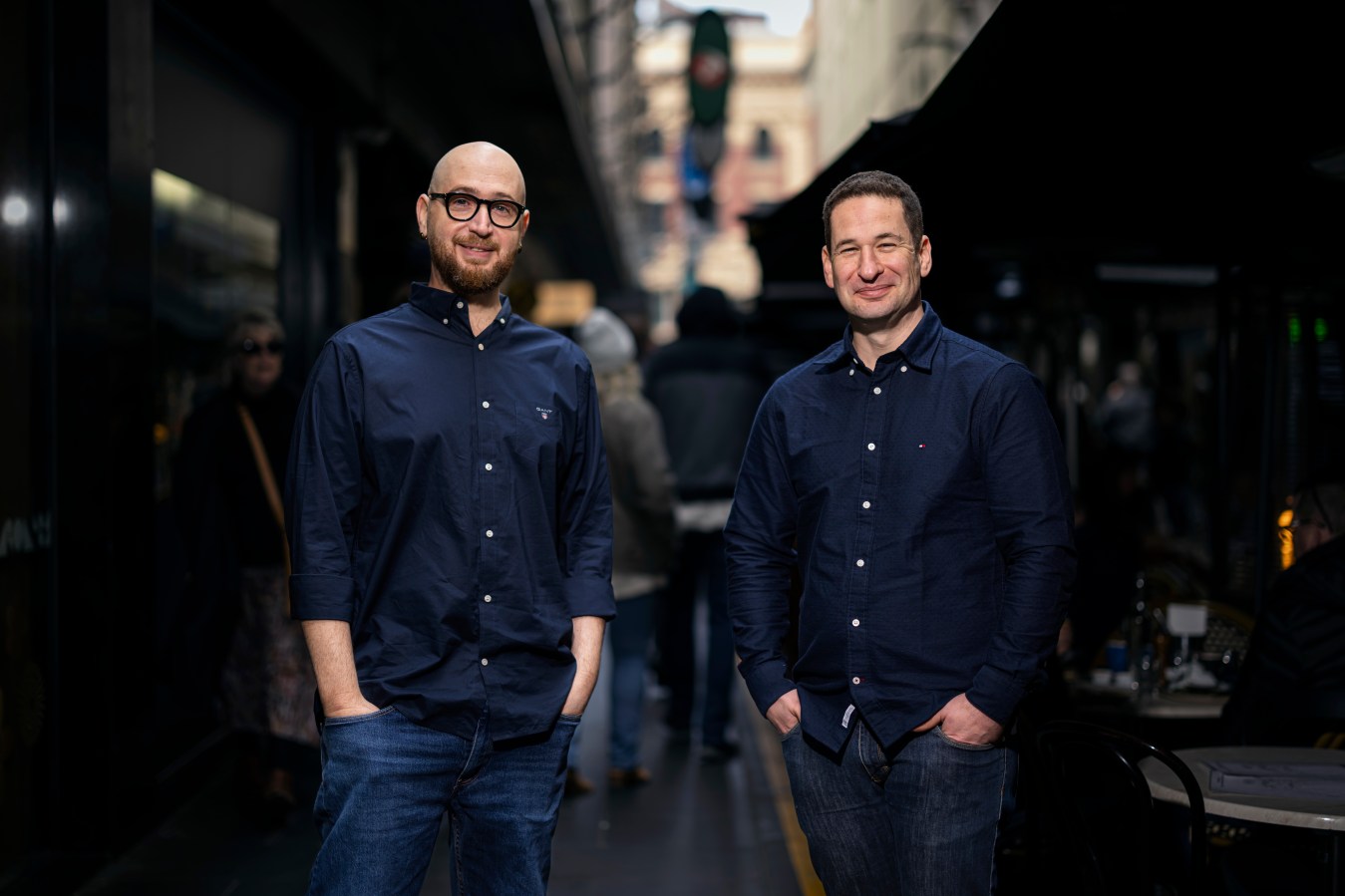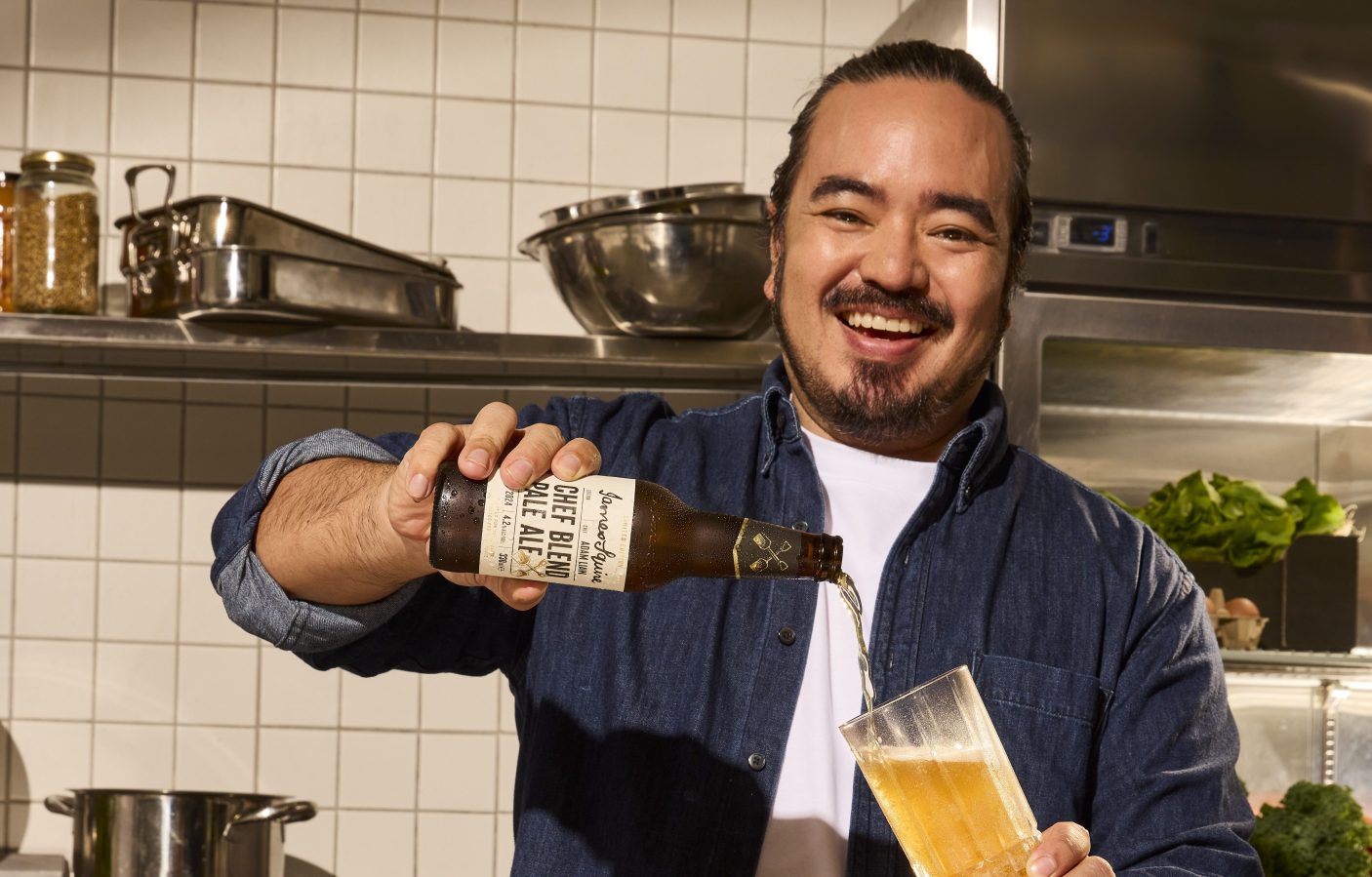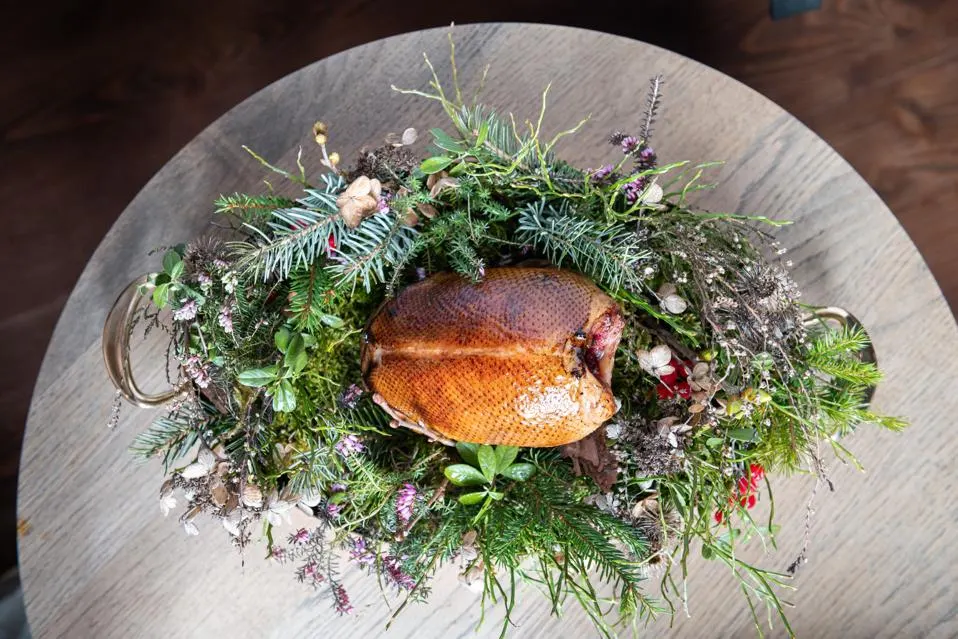After a year of high-profile restaurant closures, the hospitality industry may need a saviour. Ex-chef and restaurant owner Assaf Stizki and machine learning specialist Ken Brand believe their new restaurant intelligence platform, Restoke.ai, fits the bill – and they’ve just banked $5 million to take it international.
This story featured in Issue 14 of Forbes Australia. Tap here to secure your copy.
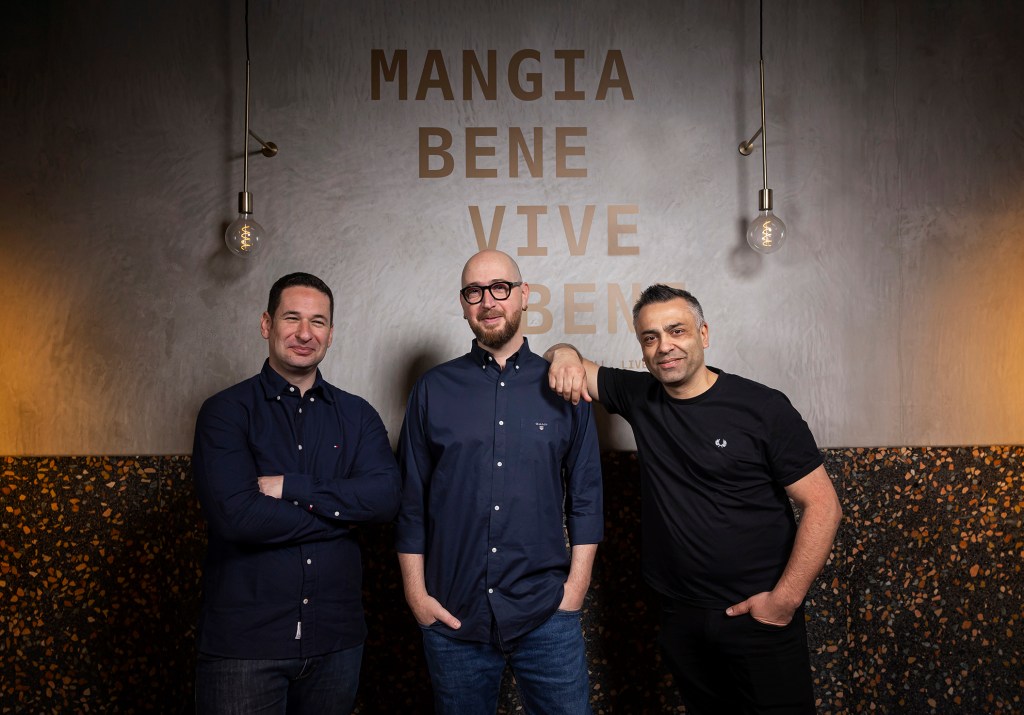
It’s been a tough year for Australia’s hospitality industry, which has seen numerous high-profile closures because of rough market conditions. In Sydney alone, Kylie Kwong’s Lucky Kwong famously shut shop in May, and Tetsuya’s final service was on July 31 after 35 years. Melbourne institution La Luna shut shop in May, right after one-hatted Little Picket in Lorne held its last service. Many report higher industry wages, scarcity of ingredients and inflated prices of raw materials.
But with a $100,000 cash injection from Skalata Ventures back in 2020, ex-chef and restaurant owner Assaf Stizki and machine learning specialist Ken Brand believe they may have landed on a solution to stoke the flames of the restaurant industry, with an intelligence platform called Restoke.ai.
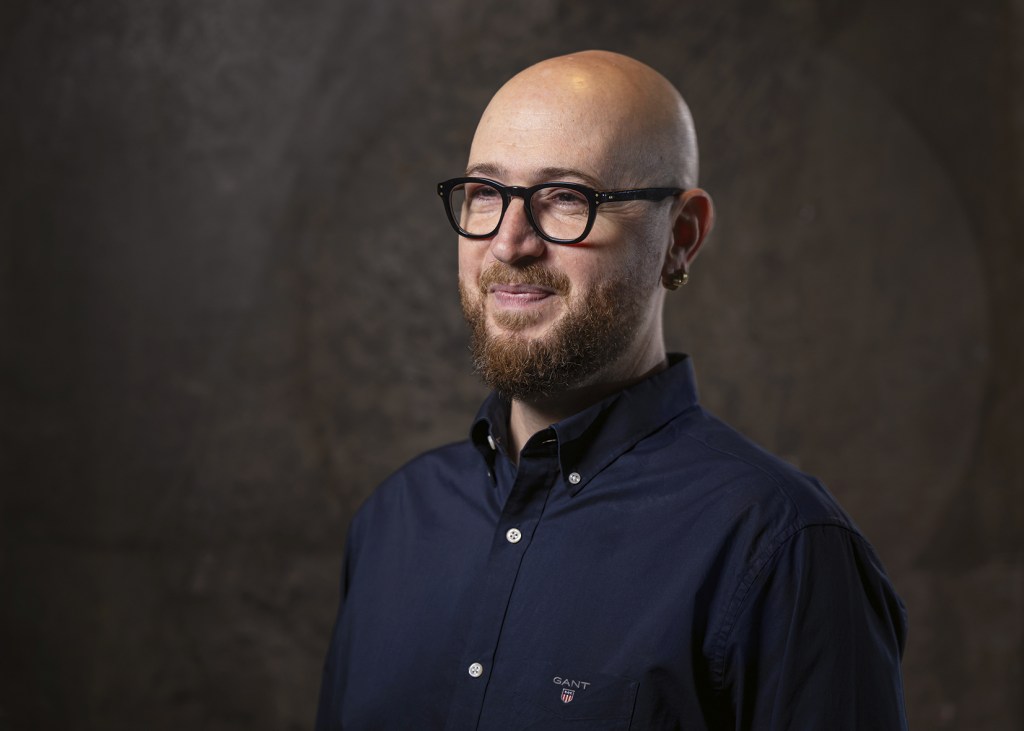
Founded during the COVID-19 pandemic, Restoke.ai claims its platform can save restaurants and bars more than $8,000 a week in operating costs in as little as four weeks.
It integrates existing restaurant systems to automate every aspect of operations, from food costing and inventory to team management and accounting. Then, it can provide insights into expenses and identify opportunities for cost-savings and profit growth. It just closed a $5.1 million funding round led by ANZ venture capital firm Rampersand to build out its product suite and eventually launch into overseas markets, starting with the US.
Related
It’s not Israel-born Stizki’s first rodeo in business – he’s a serial entrepreneur, most recently behind burger chain Ziggy’s Eatery in Melbourne. But launching Restoke.ai just might have been his easiest gig, given what he’s faced in the past.
“I’ve had a few businesses before, and if I could say anything about running a restaurant, I would say it’s one of the most difficult businesses out there. You’re wearing all the hats, just like you would in a start-up. You build everything from scratch,” Stizki says.
The difficulties aren’t just operational; they’re financial: the Australian Taxation Office estimates that most restaurants make just 5% profit. The Restaurant and Caterers Association says that figure is more like 4%. And IBIS World estimates that restaurant revenue is expected to decrease about 1% across 2024-25 thanks to significant cost-of-living pressures.
“Prices are crazy,” Stizki says. “Landlords are raising rent prices, the cost of power and water is increasing, the price of ingredients is through the roof. If you’re not on top of your numbers, you can’t get anywhere near a solid profit margin.”
And Stizki’s seen it all first-hand. He’s been in the industry for about 20 years across Israel, Europe, and Australia, and through it all, he has seen restaurants struggle to scale. Somewhat naively, Stizki set out to create his own insights platform to help his franchisees have a better overview of their inventory and financial data to ultimately make better business decisions.
“I can’t write code for shit,” he laughs. “But I started bringing in some code from here, plugins from there, and I built something on WordPress like an idiot. But it worked, and my friends in my network were also asking to use the tool. I presented it to my lawyers and accountants, and they said, ‘Hey, I think you have something here’.”
Meanwhile, Brand had been in and out of start-ups across Israel, building tech infrastructure and honing his natural language processing and machine learning skills. Brand moved to Australia in 2013 and worked as a developer at Carsales before co-founding Xrosswork, a workforce intelligence platform focused on improving organisational connectivity and talent sharing with AI.
And Brand, also Israel-born and a self-proclaimed foodie, was enjoying the rounds of Melbourne’s food scene. Eventually, he came across Stizki at Ziggy’s. “He just wanted free burgers,” Stizki interjects. “I did, yeah. And I got them,” Brand jokes.
After getting to know each other and Brand’s unique skill set in AI, Stizki pitched his make-shift intelligence platform.
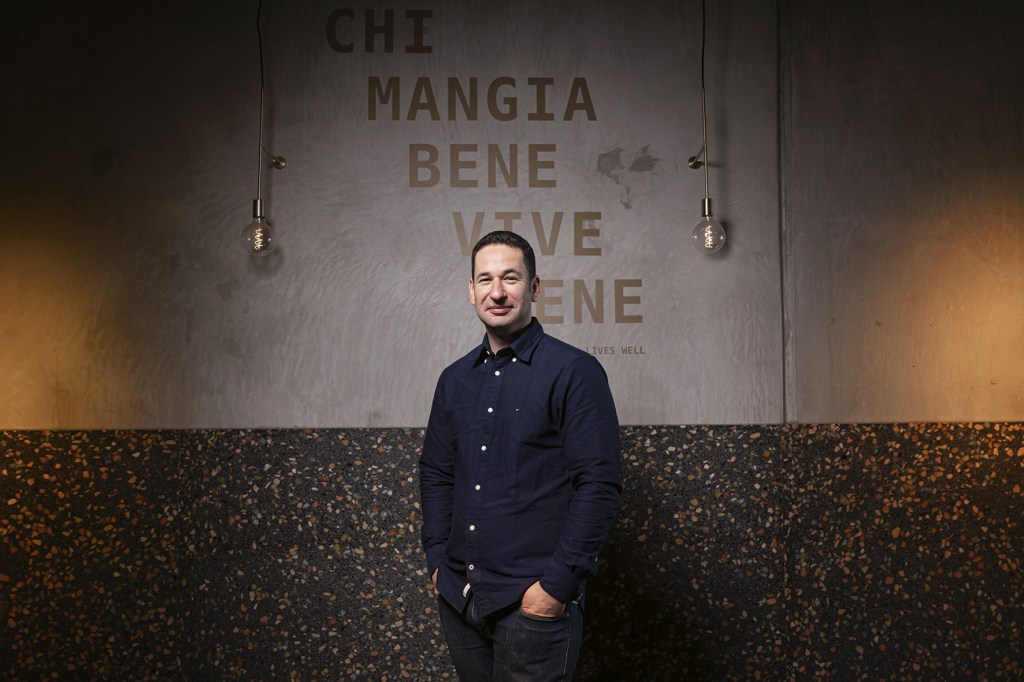
“Ken was a bit sceptical at first. He thought, surely, there is a JIRA tool or something for restaurants to use to manage their back-end and give them insights. But I sat his ass in my restaurant, showed him how it works, and how chaotic and miserable the life of a chef or restaurant owner can be. How lucky you could be to have a profit in a winter month. And we decided to join forces.”
It didn’t take much to twist Brand’s arm – but it did take some chutzpah to get investors on board. The co-founders say they were met with initial pushback and struggled to bank that first $100,000 that would enable them to quit their full-time gigs and pursue Restoke.ai.
“When you open a restaurant, you don’t want to be behind the desk doing the accounting. You do it because you love food and feeding people.”
Ken Brand
But after that first initial injection, things paid off quickly: Restoke.ai was turning over $1.5 million in annual recurring revenue with just a single salesperson. Naysayers turned into investors this year.
“When I first encountered Restoke years ago, their vision seemed almost impossible,” Rampersand’s Andrew Poestaste says. “But their relentless focus on product excellence and usability has paid off.”
“Restoke isn’t just offering another software solution; they’re pioneering a groundbreaking category: restaurant intelligence, redefining how the industry operates. They can potentially transform the industry globally, and now, they’re poised to lead this revolution.”
Another investor, BC Growth’s managing partner Blayke Hale, believes this is a true industry-first.
“The hospitality industry faces numerous challenges with shrinking margins. Restoke is at the forefront of helping restaurants overcome these issues, having a major focus on improving efficiencies, profitability, and scale through its powerful intelligence,” Hale said.
Looking ahead, the co-founders and their 20-strong team plan to use their latest funding to invest in their product suite (which means making a few more hires) and to expand into new markets, mainly the United States. That means it’ll establish a headquarters over there, and key leadership will jump across the ditch to lead the process.
“You might think the US is a super technological, advanced place – but a lot of the time, you’ll find it’s very fragmented, and some businesses are left behind. For example, SMBs in the hospitality industries are significantly overlooked in favour of big enterprises like McDonald’s.”
But perhaps its biggest mission is more altruistic.
“When you open a restaurant, you don’t want to be behind the desk doing the accounting. You do it because you love food and feeding people. The idea is that we re-stoke the flame, getting you to love having a restaurant again. And it makes you think of the grill and food,” Brand says.
So, it’s back to the burgers?
“Everything’s about the burgers.”

